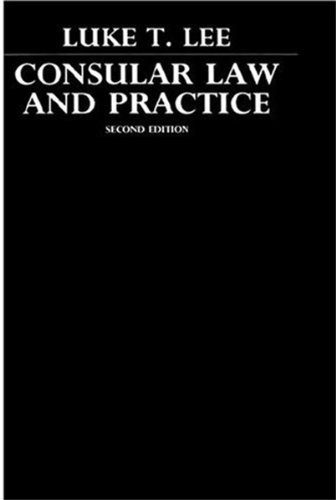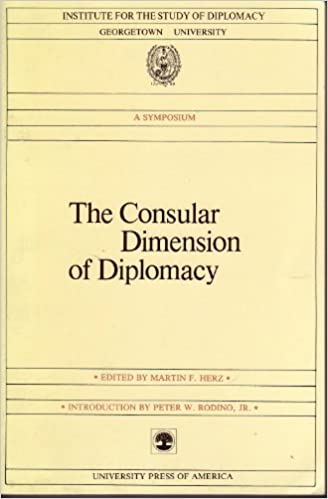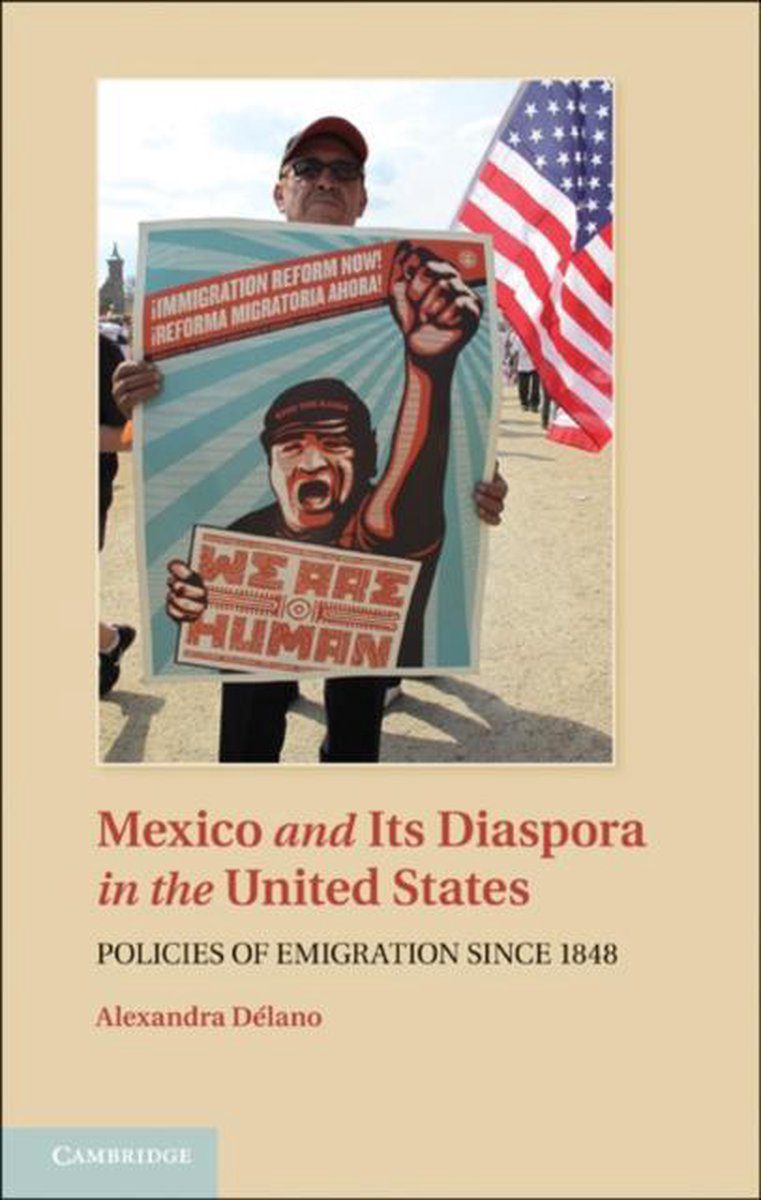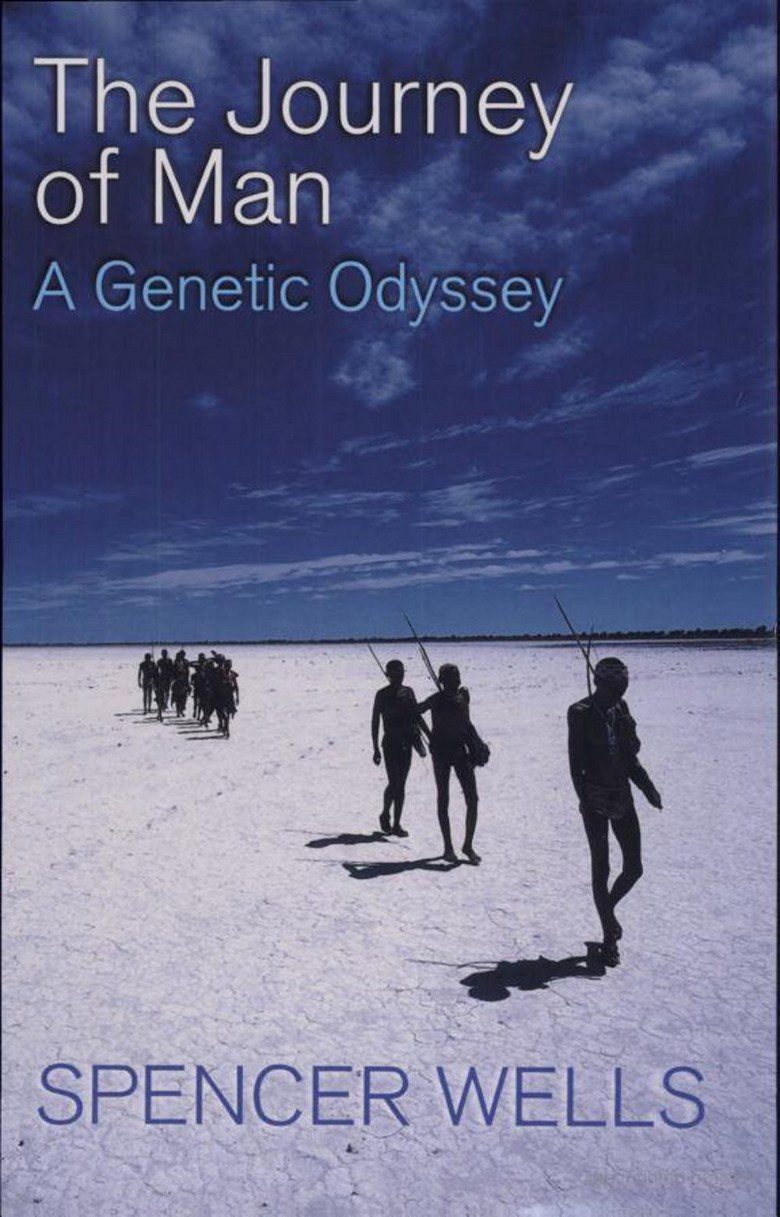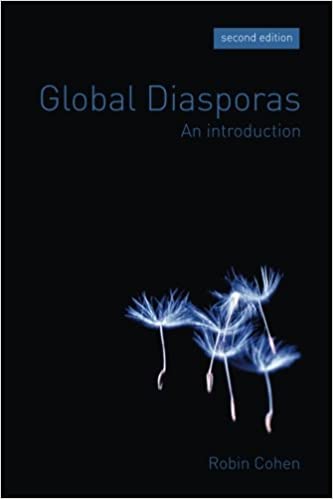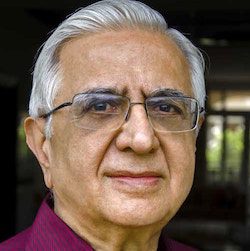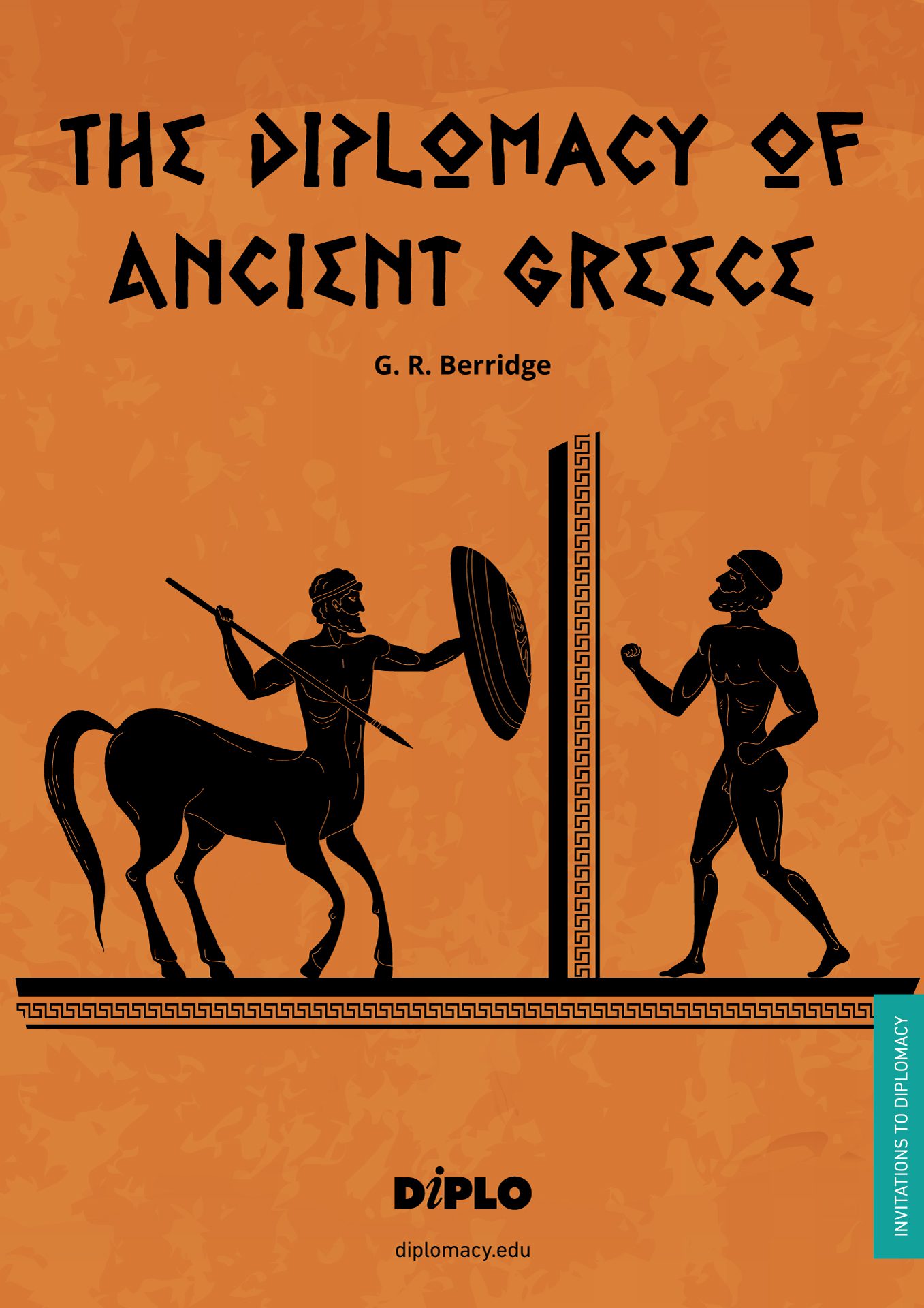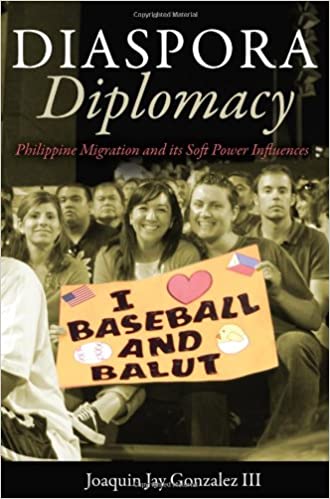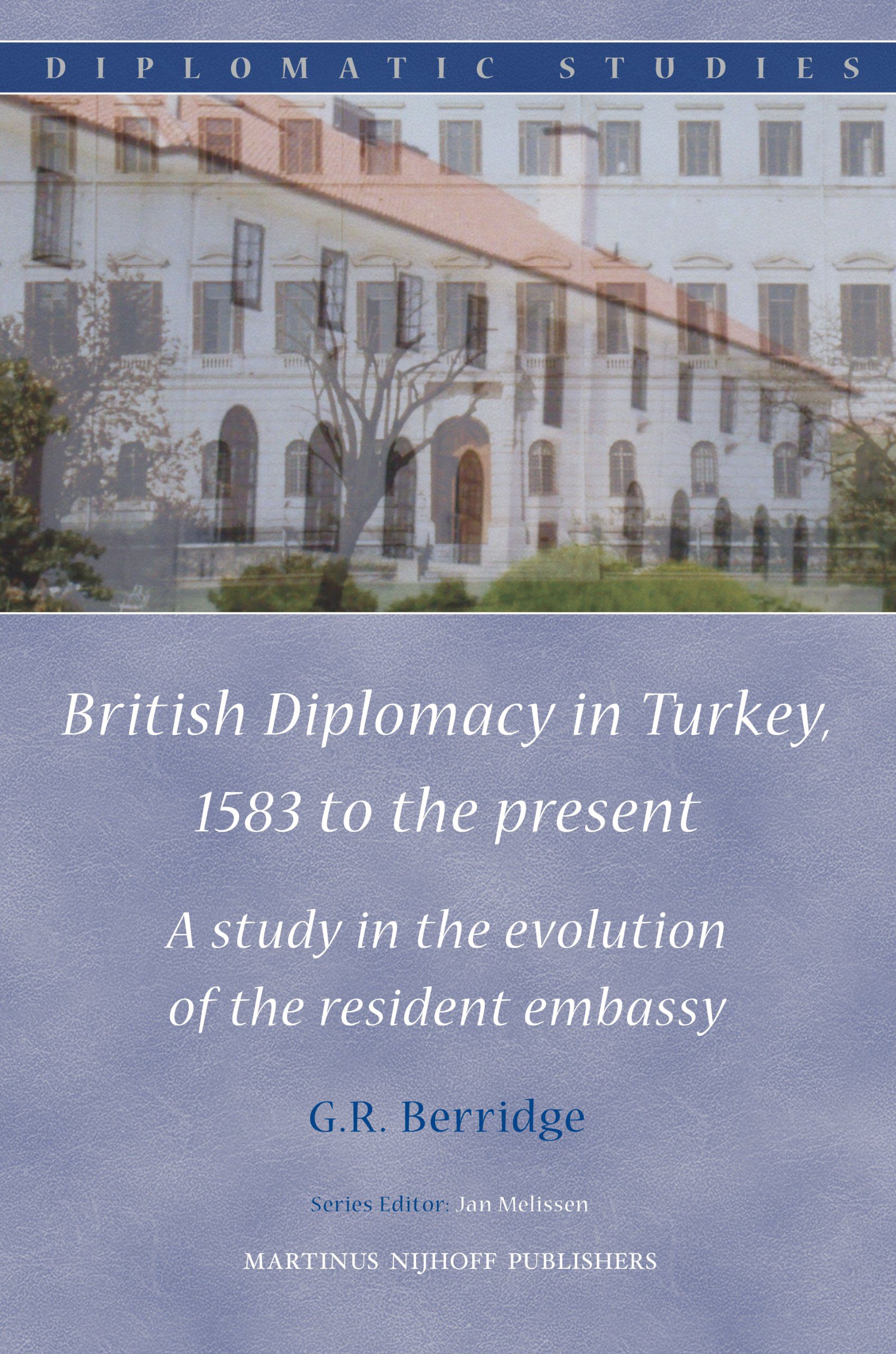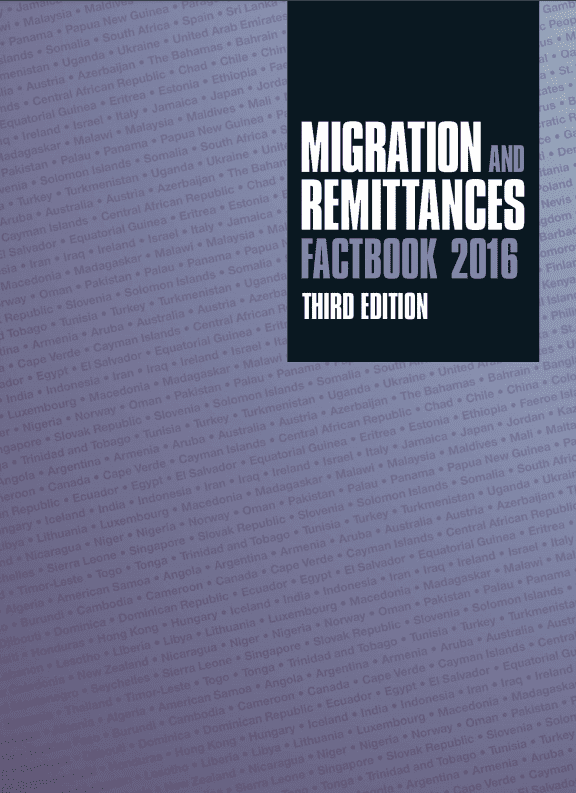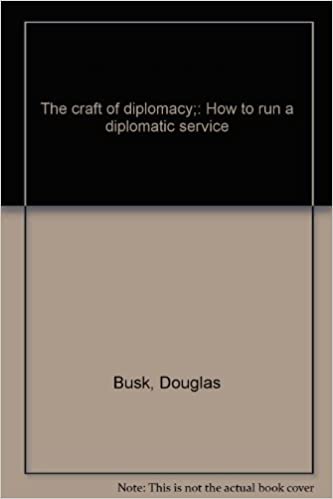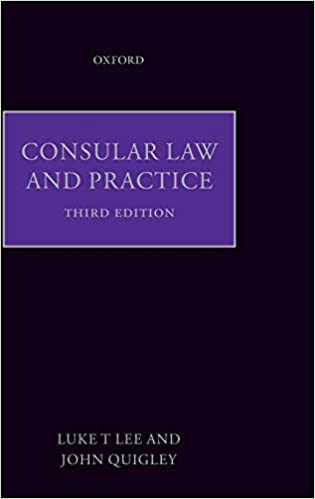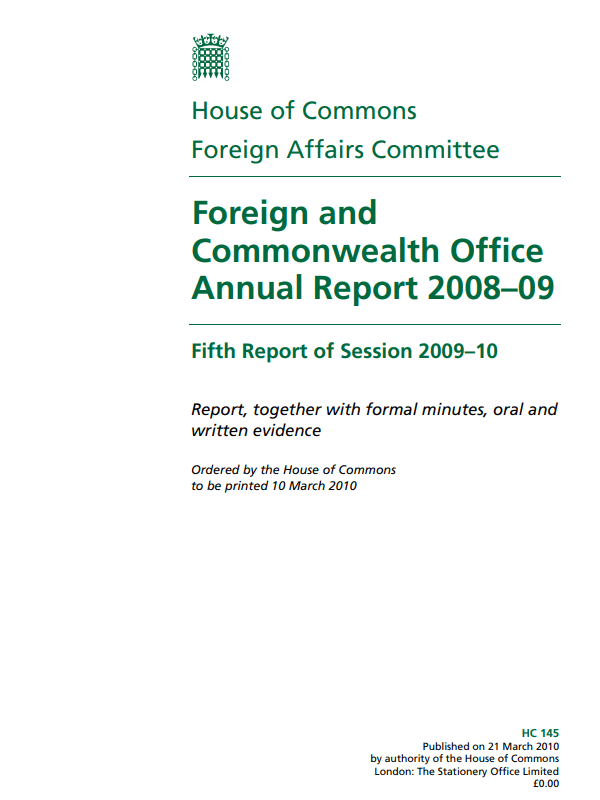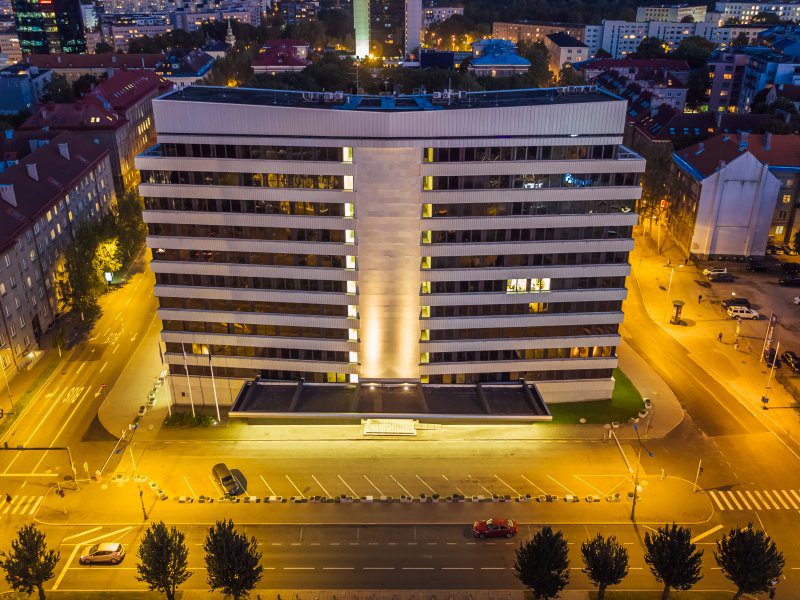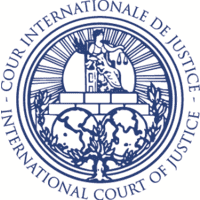The book begins with short chapters on the historical evolution of consular practice, definitions, and classification. This is followed by three chapters on consular relations in general, fourteen chapters on different consular functions (e.g. passport and visa, marriage and divorce), fourteen chapters on privileges and immunities, and one chapter on honorary consuls. Lee’s magnum opus concludes with eight chapters on miscellaneous subjects (e.g. consuls and the UN). There are four appendices, eleven tables, and the usual table of cases.
This second edition of Consular Law and Practice was well-received when first published, and rightly so. It is exhaustive, well organized, clearly written, and generally authoritative, which is just as well because there is no other detailed book on consular law currently available in English. As a historian and generalist rather than a lawyer, I found particularly useful chapters 7 (on consular functions generally), 21 (privileges and immunities), 23 (inviolability of consular premises), 27 (consular communications), and 35 (honorary consuls). I was less impressed by the chapter on ‘historical evolution’, where Lee reveals himself as unaware of the fall of Constantinople in 1453 (the ‘treaties’ to which he refers here were concluded with the Ottoman sultan, not with the ‘Byzantine Empire’) and gives, I think, quite disproportionate space to the rise and decline of extraterritoriality, important though this subject is. He also fails to draw here on the excellent book by D. C. M. Platt, The Cinderella Service: British Consuls since 1825 (Longman, 1971), which can still be picked up for a song in second-hand book shops – unlike Consular Law and Practice. I was also disappointed by the brevity of the chapter on ‘Consuls as Diplomats’ (36), though I suppose because this happens to touch on my own special interest in ‘talking to the enemy’. (Having said that, Lee makes the telling point either here or elsewhere in his book that the progressive blurring of the distinction between consuls and diplomats has been one of the factors contributing to a strengthening of consular immunities.) There is no bibliography, the index is too thin for a reference book of this size (lawyers seem to think that if they provide a table of cases they can get away with this), and the appendices are now redundant because (with the possible exception of the ‘recent consular treaties’) they are all available free of charge on the web. This brings me to the price, £130.
Of course, publishers cannot be blamed for charging the maximum that they think they can obtain for their books – and thus for their authors as well as (chiefly) themselves. On its website, OUP lists the target readership of this book as ‘consular staff and officials, diplomats, international lawyers, and government employees’, and presumably Great Clarendon Street knows that either they or – more likely – their employers can afford this price. Students, it need hardly be pointed out, or academics for that matter, are not included in this list. However, I like to think that the teaching of diplomatic and consular law in the universities is increasing along with the increase in popularity of Diplomatic Studies, and that it would increase more quickly if some cheap books on the subject (one would be a start) were made available. An enlightened publisher would either do a cheap paperback edition or – as the broadsheet newspapers do with their own products – sell at a heavy discount to bona fide students. This might even turn out to be enlightened self-interest. A cheap edition of this book could be produced not only by bringing it out in paperback but by jettisoning chapter 1 and the appendices.
